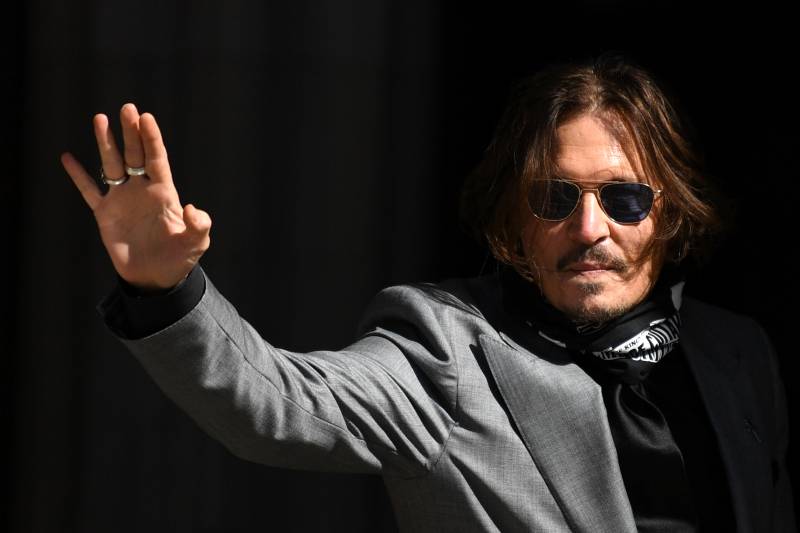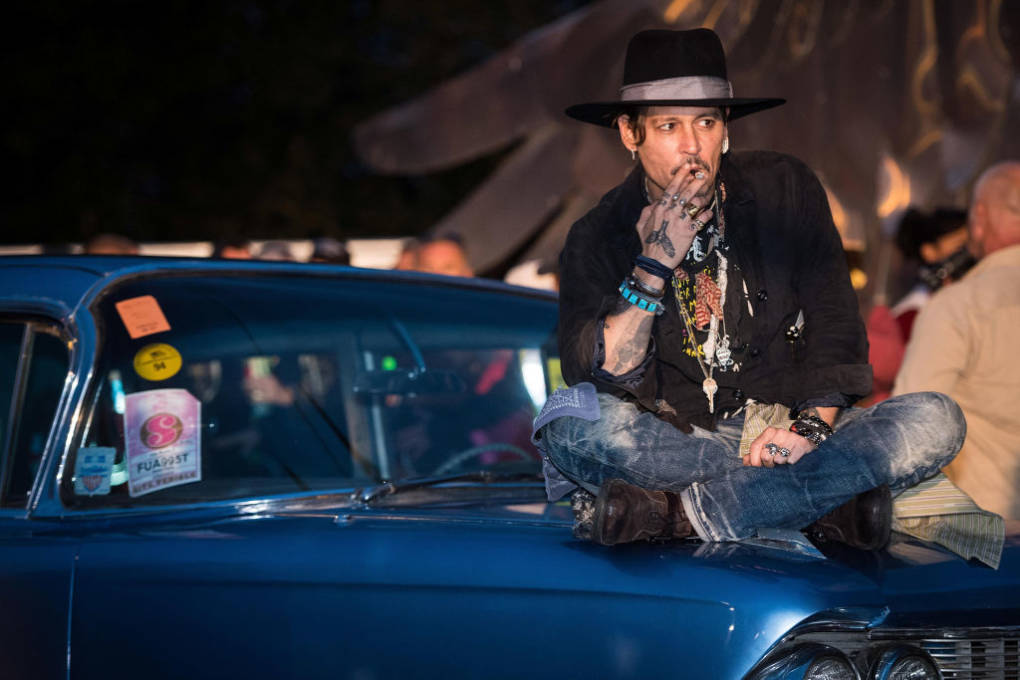The summary of British judge Andrew Nicol was the vindication for Amber Heard that Johnny Depp’s faithful fans never saw coming.
“Taking all the evidence together, I accept that she was the victim of sustained and multiple assaults by Mr. Depp in Australia,” the judge said. “I accept her evidence of the nature of the assaults [Depp] committed against her. They must have been terrifying.”
This, then, was the sound of Johnny Depp losing his libel trial against The Sun newspaper last week. Britain’s most popular tabloid had originally drawn Depp’s ire in 2018, after it published an article that queried: “How can J.K. Rowling be ‘genuinely happy’ casting wife beater Johnny Depp in the new Fantastic Beasts film?” Depp objected to that characterization, and later launched legal action. The case, initially delayed by COVID, finally made it to London’s Courts of Justice in July.





